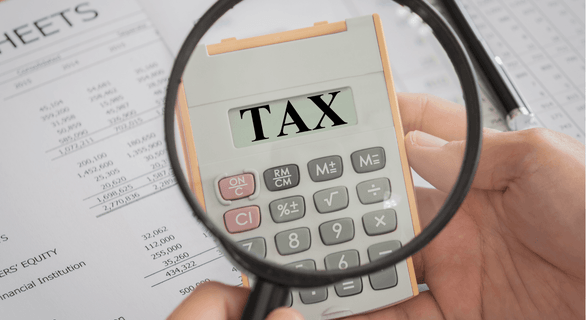

As we stepped into the new year, we would like to address several key financial considerations important for businesses involved in employment within the Netherlands. We are pleased to share with you the latest changes regarding the statutory minimum wage, transitional allowance, and salary criteria for highly skilled migrants, as well as modifications to the 30% ruling, all implemented as of January 1, 2024.
Statutory Minimum Wage Update
Commencing January 1, 2024, employers in the Netherlands are required to adhere to an increased statutory minimum wage for employees aged 21 and above. Rather than a monthly gross salary minimum, the government has established a fixed minimum hourly wage of € 13,27. This standard is universally applicable across sectors and companies, fostering equitable compensation practices.
Transitional Allowance Update
In cases of employment termination not attributable to the employee, the employee is entitled to a transitional allowance. For the year 2024, the maximum transitional allowance has increased from €89,000 to €94,000. In exceptional cases where the gross annual salary exceeds this threshold, the transitional allowance is set at the 'Balkenende norm' according to the Dutch Law on the Standardization of Top Incomes (WNT norm), capped at a maximum of € 233.000 in 2024.
30% Ruling cap
The maximum tax-free reimbursement is now capped at the abovementioned Balkenende norm. Employers can therefore now provide a tax-free reimbursement of up to 30% of the employee’s wages, with a maximum limit of € 233.000 in 2024. However, for employees who received the 30% ruling by no later than December 2022, this cap will not be applicable until January 1, 2026.
30/20/10% Ruling system
Effective January 1, 2024, employers can pay out a maximum of 30% tax-free during the first 20 months of employment, 20% during the next 20 months, and 10% during the last 20 months if the employee’s 30% ruling statement is still valid. However, this limitation does not apply if the 30% ruling statement was in place before January 1, 2024.
Non-resident foreign taxpayer status
The partial foreign taxpayer status which allows employees with the 30% ruling to opt for partial taxpayer status in their Dutch income tax return will be abolished as of January 1, 2025. Employees who received the 30% ruling before January 1, 2024, will still be able to make use of this option up to and including December 31, 2026.
Highly Skilled Migrants Salary Criteria Update
If your company is looking to employ an applicant from a non-EU/European Economic Area and Switzerland, a work and residence permit will need to be secured. The most common options are the Highly Skilled Migrant permit, an Intra-Corporate Transferees (ICT) permit, or an EU Blue Card.
As of January 1, 2024, the indexed gross monthly salary thresholds (excluding 8% vacation allowance) are the following:
- Highly skilled migrant/ICT of 30 years and older: € 5.331 (2023: € 5.008)
- Highly skilled migrant/ICT younger than 30 years: € 3.909 (2023: € 3.672)
- Recently graduated students: € 2.801 (2023: € 2.631)
- European Blue Card holder: € 6.245 (2023: € 5.867)
30% ruling Salary Criteria Update
In order to (continue to) qualify for the 30% ruling in 2024, employees will need to earn an annual taxable salary of more than:
- € 46.107; or
- € 35.048, if the employee is under 30 years of age and has obtained an academic university Dutch master’s degree or equivalent
For further guidance, our Employment Law and Immigration teams are at your service, ensuring that your practices align seamlessly with the evolving legal landscape.





